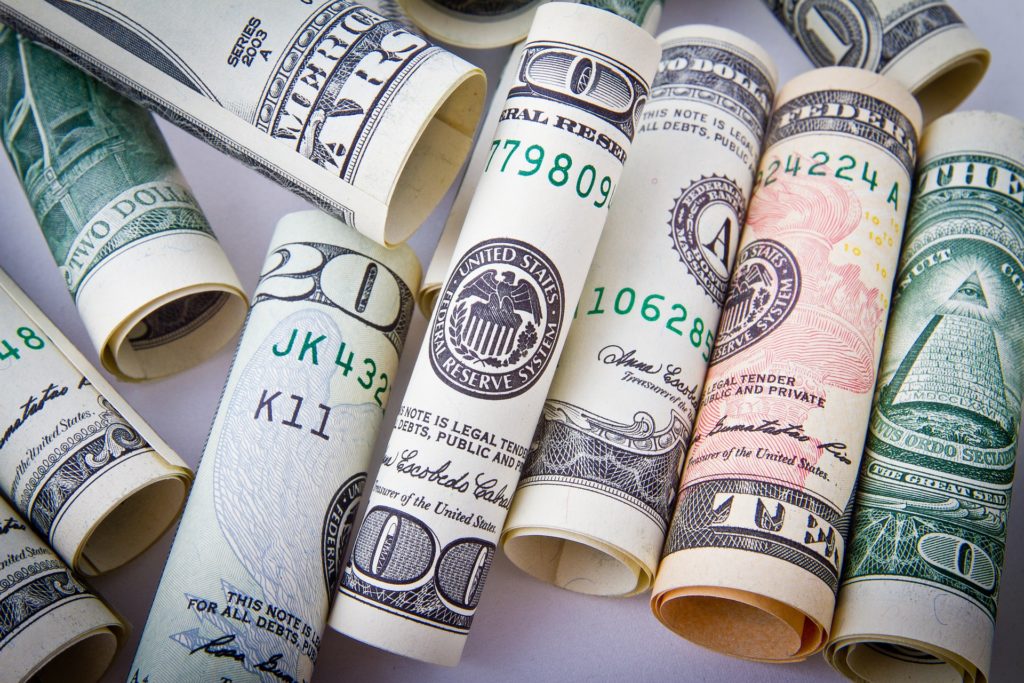Got a call the other day from a Chicago lawyer with a Chinese client who wanted to buy an expensive house in a Chicago suburb. The lawyer’s Chinese client had said Chinese law limited him to taking out only $50,000 from China and this lawyer was calling to see how his client might take out a more than that.
We often get calls like this. Sometimes they are from lawyers with Chinese clients. Other times they are from expats or foreign companies that have built up a large stack of illegal earnings in China and want our help to get it out.
To the foreigners, we offer help figuring out whether they can claim their money was acquired legally and working through the China tax issues, all of which when done to the satisfaction of the Chinese authorities should free up their money to leave. To the Chinese nationals, we suggest they retain a Chinese licensed lawyer to assist them in securing Chinese government approval to ship out more than $50,000.
In The Mechanics of Moving Cash Out of China, the Wall Street Journal writes about criminal proceedings in Hong Kong against a Chinese national who sent USD$2 million to Hong Kong for investment. Note that Hong Kong is considered legally separate from the Mainland. The post notes how China’s capital control regulations forbid individuals from moving more than $50,000 out per year, but that’s “a rule that’s often evaded.” The article explains how Ms. Yan got her money into Hong Kong:
She [Ms. Yan] inquired at her local mainland bank, Shenzhen City Commercial Bank, how to get the money out, according to evidence her lawyers presented at trial. Her banker, Ting Chi Ming, helped her with a number of transfers. He then referred her to his wife, Chu Kwan Kwan, identified in the Hong Kong court documents as “Madam Chu.”
* * * *
Ms. Chu ran an underground bank, according to defense evidence cited by the Hong Kong judges, an operation that matches people who want to bring money into China illegally with those who want to get it out illegally. These strangers would deposit money in each other’s accounts — one inside China, the other in Hong Kong. Money doesn’t actually cross the border, making it difficult for regulators to track.
In one of Ms. Yan’s transactions, Ms. Chu directed her to deposit 3 million yuan (roughly $480,000) into a mainland bank account in the name of a stranger, also a client of Ms. Chu’s, the court said.
The same day, another stranger deposited checks worth the same amount Ms. Yan had deposited on the mainland into an account Ms. Yan owned at an HSBC branch in Hong Kong.
Funds don’t actually cross the border, but the clients essentially moved money from one jurisdiction to the other, evading the $50,000 limit.
We are aware of less sophisticated ways as well, all of which are illegal. One is to take relatively small quantities of money out of China on your person every time you leave. Another is to take a giant wad of cash across a border. We are aware of one company that wired hundreds of thousands of dollars from their U.S. entity to someone outside China as an advance payment for that person to transport millions of dollars of cash out of China. That someone ended up keeping both the wired money and the millions of dollars.
If you are a foreign company making money legally in China and paying your taxes, getting money out of China should not be difficult. But if you want or need to skirt the rules, be careful.

























